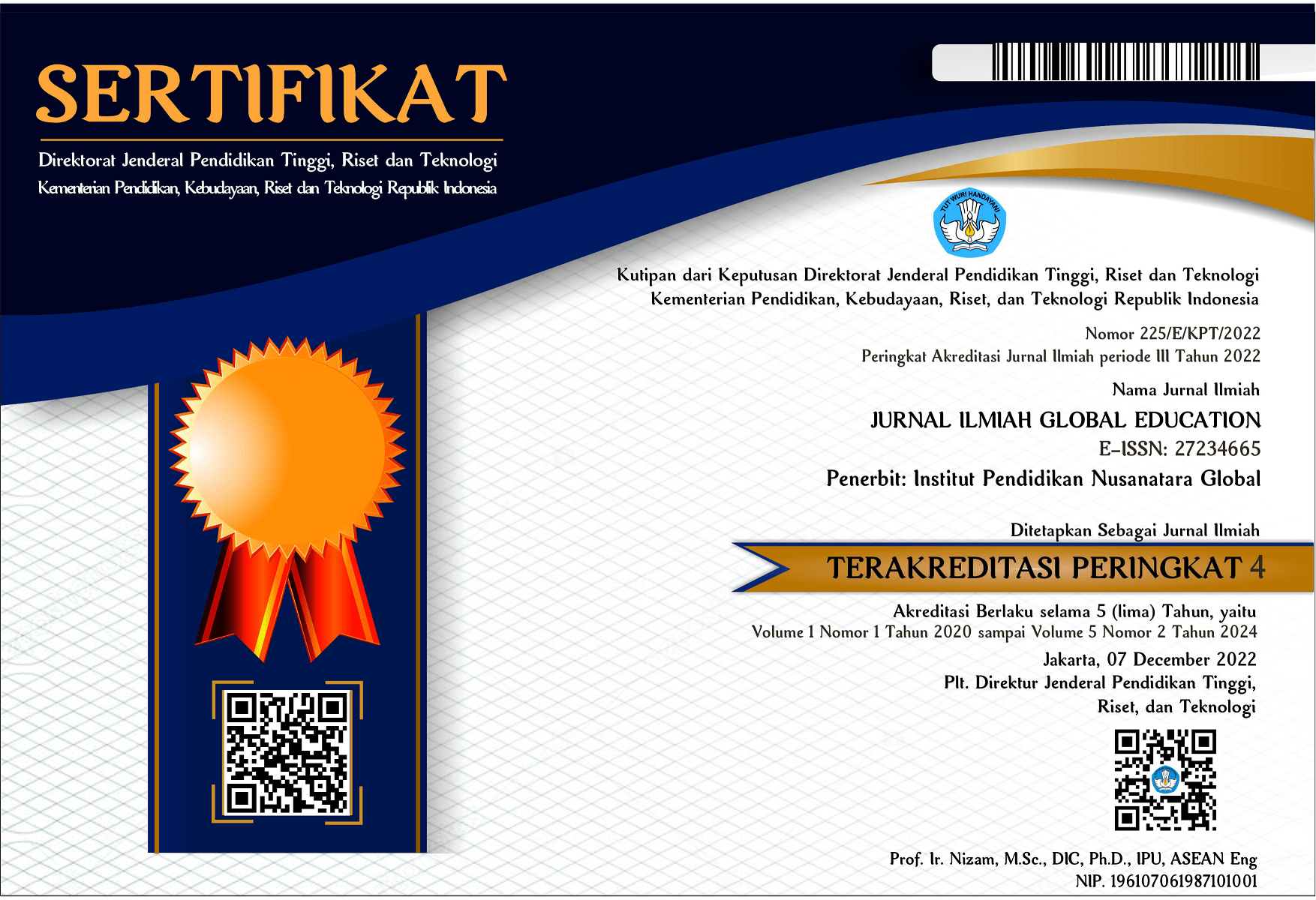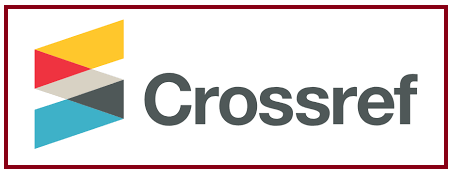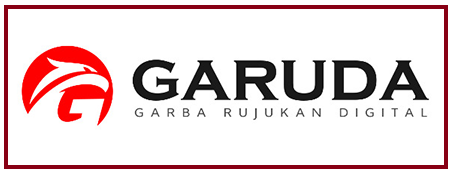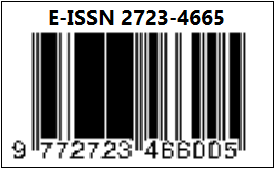Minat Masyarakat Kota Mataram Berwakaf Uang Yang Dimoderasi Oleh Religiusitas
DOI:
https://doi.org/10.55681/jige.v5i1.2512Keywords:
Interest Cash Waqf, Religiosity, Subjective Norm, Knowledge, TrustAbstract
Waqf is one part of Islamic philanthropic instruments that can be used to support the economy. This research aims to analyze the factors that influence the interest of the people of Mataram city in cash waqf. This research is quantitative research with an associative approach. The data collection method uses a non-probability sampling with a purposive sampling approach. The research population is unknown, so sampling used the Lemeshow formula with a sample size of 130 respondents. The data used in this research is primary data taken using a questionnaire. This research uses data analysis tools with the Structure Equation Model (SEM) with the help of SmartPLS 3.0 software. The results of his research show that trust and subjective norms have a positive and significant effect on the interest of the people of Mataram city in giving cash waqf, while knowledge has no effect on the interest of the people of Mataram city in giving cash waqf. Meanwhile, trust, subjective norms and knowledge which are moderated by religiosity have no effect on the interest in cash waqf from the people of Mataram city.
Downloads
References
Apriliani, D., Senjiati, I. H., & Srisusilawati, P. (2021). Faktor-faktor yang Mempengaruhi Minat Masyarakat Kota Bandung Berwakaf Uang Melalui E-Commerce. Prosiding Hukum Ekonomi Syariah.
Budiansyah, M. I., & Ayyubi, S. El. (2021). Faktor-Faktor Yang Memengaruhi Wakif Dalam Berwakaf Online. Al Maal: Journal of Islamic Economics and Banking, 2(2). https://doi.org/10.31000/almaal.v2i2.3741
Chrisna, H., Noviani, & Hernawaty. (2021). Faktor - Faktor Yang Mempengaruhi Minat Berwakaf Tunai Pada Jamaah Majelis Taklim Istiqomah Kelurahan Tanjung Sari Medan. Jurnal Akuntansi Bisnis & Publik, 11(2).
Fandini, H. D., & Ratnasari, R. T. (2020). Pengaruh Trust Terhadap Niat Ulang Berwakaf Uang Pada Badan Wakaf Al Qur’an Surabaya Melalui Belief. Jurnal Ekonomi Syariah Teori Dan Terapan, 6(11). https://doi.org/10.20473/vol6iss201911pp2185-2197
Hair et al. (2017). A Primer on Partial Least Squares Structural Equation Modeling (PLS-SEM). Thousand Oaks. Sage.
Hasanah, N. (2018). Kontekstualitas Ayat-Ayat Hukum Wakaf Di Indonesia. Asy-Syari’ah, 20(2). https://doi.org/10.15575/as.v20i2.3446
Imam, N., & Huda, N. (2022). Faktor-Faktor yang Mempengaruhi Masyarakat Berwakaf Uang di Dompet Dhuafa. Al-Awqaf: Jurnal Wakaf Dan Ekonomi Islam, 15(2). https://doi.org/10.47411/al-awqaf.vol15iss2.174
Irawati, I., Hudaya, C., & Hasri, D. A. (2022). Analisis Faktor-Faktor yang Mempengaruhi Keberhasilan Dana Abadi Berbentuk Wakaf Tunai di Perguruan Tinggi Swasta. JIIP - Jurnal Ilmiah Ilmu Pendidikan, 5(8). https://doi.org/10.54371/jiip.v5i8.777
Kasri, R. A., & Chaerunnisa, S. R. (2022). The role of knowledge, trust, and religiosity in explaining the online cash waqf amongst Muslim millennials. Journal of Islamic Marketing, 13(6). https://doi.org/10.1108/JIMA-04-2020-0101
Kassim, M., Che Embi, N. A., Haron, R., & Ibrahim, K. (2023). The determinants of cash waqf re-endow intention in Malaysia. Al-Uqud : Journal of Islamic Economics, 7(1). https://doi.org/10.26740/aluqud.v7n1.p126-137
Latif, A., Ahmad, R. A., Lesmana, M., & Nabila, F. (2022). Factors Affecting Generational Millennials’ Desire to Spend Money On Waqf. Muslim Heritage, 7(2). https://doi.org/10.21154/muslimheritage.v7i2.4439
Mahendra, D., M Nawawi, Z., & Imsar. (2022). Pengaruh Religiusitas Dan Pengetahuan Terhadap Perilaku Berwakaf Uang. Jurnal Tabarru’: Islamic Banking and Finance, 5(1). https://doi.org/10.25299/jtb.2022.vol5(1).9255
Maziah, U., & Widyastuti, E. (2021). Analisis Faktor-Faktor Yang Mempengaruhi Minat Generasi Milenial Dalam Berwakaf Tunai. Jurnal Ekonomi Syariah Dan Filantropi Islam, 5(2).
Rahmania, N., & Maulana, H. (2023). Waqf Literacy Level and Its Determinants on Public Intention to Contribute Cash Waqf: a Study of Waqf Institutions in Indonesian. IQTISHODUNA: Jurnal Ekonomi Islam, 12(1). https://doi.org/10.54471/iqtishoduna.v12i1.1963
Rozalinda. (2016). Management Waqf Produktif Di Sumatera Barat. In Al-Awqaf: Jurnal Wakaf dan Ekonomi Islam (Vol. 9).
Sholihin, M., & Ratmono, D. (2021). Analisis SEM-PLS dengan WarpPLS 7.0 untuk Hubungan Nonlinier dalam Penelitian Sosial dan Bisnis. In Andi Offset.
Sugiyono. (2013). Metode Penelitian Pendidikan Pendekatan Kuantitaif, Kualitatif, dan R&DSugiyono. 2013. “Metode Penelitian Pendidikan Pendekatan Kuantitaif, Kualitatif, dan R&D.” Metode Penelitian Pendidikan Pendekatan Kuantitaif, Kualitatif, dan R&D. https://doi.org/10.1. Metode Penelitian Pendidikan Pendekatan Kuantitaif, Kualitatif, Dan R&D.
Sugiyono. (2016). Metode Penelitian Kuantitatif, Kualitatif dan R &Metode Penelitian Kuantitatif, Kualitatif Dan R & D.Bandung:Alfabeta. Bandung:Alfabeta.
Sugiyono. (2018). Sugiyono Metode Penelitian Kuantitatif Kualitatif. Metode Penelitian Kuantitatif Kualitatif.
Ulyah, Himmatul. (2022). Pro dan Kontra Wakaf Tunai. Buletin FSEI IAIN Syaikh Abdurrahman Siddik Bangka Belitung.
Witjaksono, B., Mariyanti, T., Nasution, M. E., Huda, N., & Rini, N. (2019). Factors Which Influence the Intention of Community in Cash Waqaf in Sharia Banking with Theory Planned Behaviour (TPB) Modification Approach. Journal of Islamic Banking and Finance, 7(2).
Yunikartika, L., & Harti, H. (2022). Pengaruh Social Media Marketing dan Electronic Word Of Mouth (E-WOM) Terhadap Minat Beli Kuliner Melalui Kepercayaan Sebagai Variabel Intervening pada Akun Instagram @carubanmangan. Jurnal E-Bis (Ekonomi-Bisnis), 6(1). https://doi.org/10.37339/e-bis.v6i1.897
Downloads
Published
How to Cite
Issue
Section
License
Copyright (c) 2024 Ali Akbar Hidayat, Moh. Huzaini, Ihsan Ro'is

This work is licensed under a Creative Commons Attribution-ShareAlike 4.0 International License.













